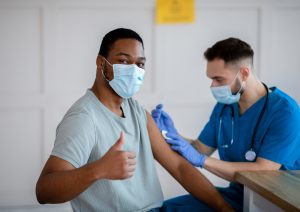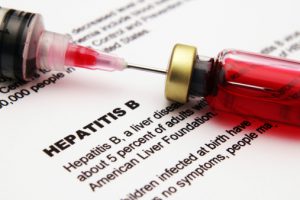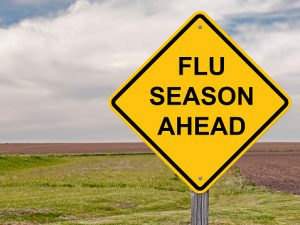One of the most Frequently Asked Questions regarding the COVID-19 vaccine is, “Should pregnant women receive the vaccine?”
According to the Centers for Disease and Control (CDC), although the overall risk of severe illness is low, pregnant people are at an increased risk for severe illness from COVID-19 when compared to non-pregnant people. Severe illness includes illness that results in intensive care admission, mechanical ventilation, or death. Additionally, pregnant people with COVID-19 might be at increased risk of adverse pregnancy outcomes, such as preterm birth, compared with pregnant women without COVID-19.
The best answer is, getting vaccinated is a personal choice and, although not required, should be made with the advice of your Ob/Gyn.
If you are pregnant or thinking about getting pregnant and would like to learn more information about receiving the COVID-19 vaccine, you can make an appointment at the Flushing Hospital Medical Center’s, Department of Obstetrics and Gynecology by calling 718-670-5239.
All content of this newsletter is intended for general information purposes only and is not intended or implied to be a substitute for professional medical advice, diagnosis or treatment. Please consult a medical professional before adopting any of the suggestions on this page. You must never disregard professional medical advice or delay seeking medical treatment based upon any content of this newsletter. PROMPTLY CONSULT YOUR PHYSICIAN OR CALL 911 IF YOU BELIEVE YOU HAVE A MEDICAL EMERGENCY.





